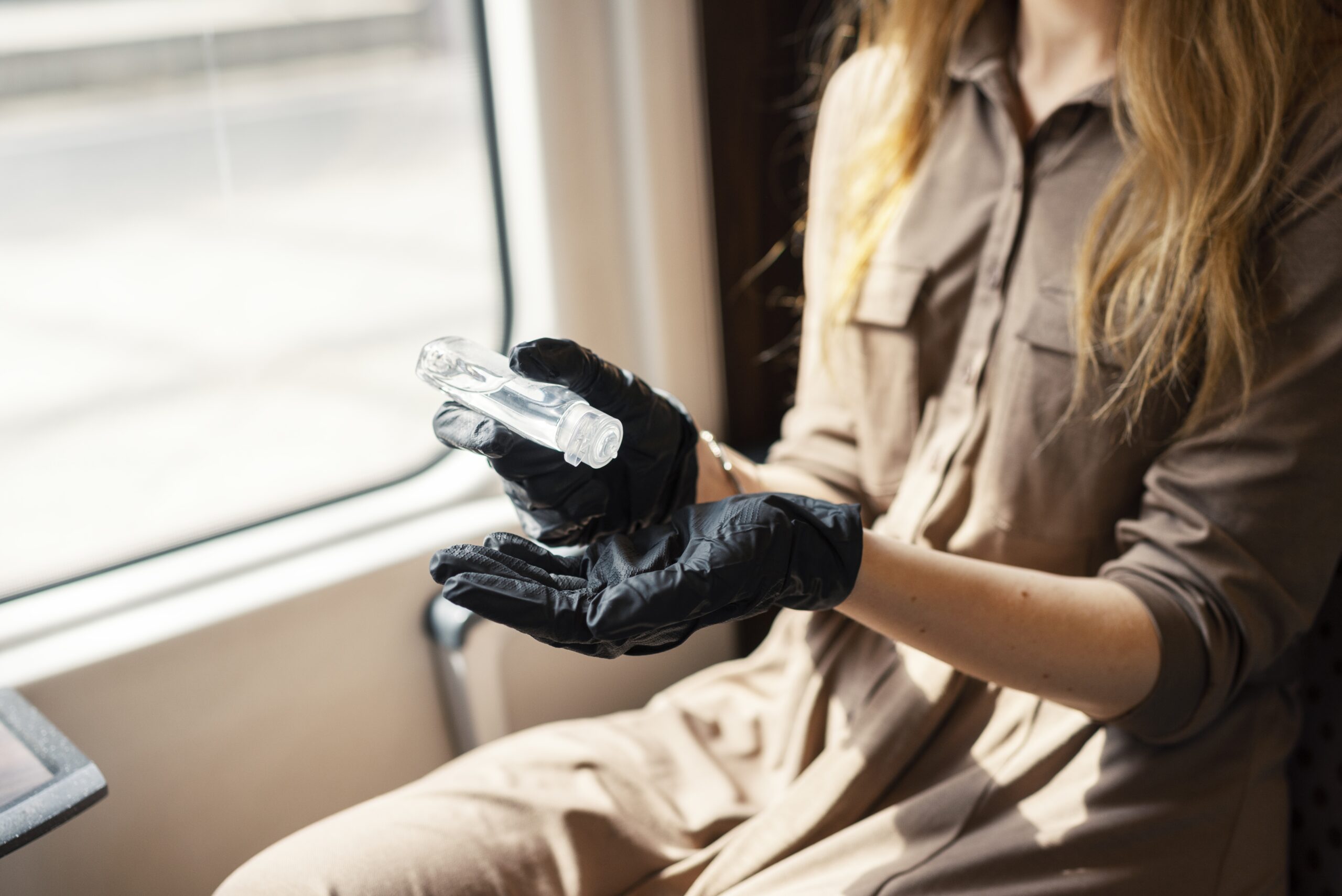If you’re navigating alcohol and depression dual diagnosis treatment, you’re not alone. Many adults face the unique challenges of managing depressive symptoms alongside problematic drinking. Integrated care that addresses both conditions simultaneously provides a supportive environment and tailored treatment programs that honor your individual experiences. According to SAMHSA’s 2022 National Survey on Drug Use and Health, approximately 21.5 million adults in the United States live with co-occurring disorders, where mental illness increases the risk of substance use and vice versa [1]. By seeking comprehensive care, you open the door to individualized plans and the support necessary for lasting recovery.
In this guide, you’ll learn how to understand dual diagnosis, evaluate integrated care models, explore evidence-based and holistic therapies, manage medication safely, select the right treatment center, and plan for lasting recovery. With an empathetic approach, you can find comprehensive strategies that build on your strengths and provide hope throughout your recovery journey.
Understand dual diagnosis
Define co-occurring disorders
Co-occurring disorders, sometimes called dual diagnosis, occur when you experience both a substance use disorder and a mental health condition at the same time. In your case, this involves alcohol misuse paired with depression. Treating one condition without addressing the other can limit progress and increase the risk of relapse.
Link alcohol and depression
Alcohol is a central nervous system depressant that can temporarily ease anxiety or low mood. However, over time it disrupts brain chemistry, often worsening symptoms of depression. Additionally, persistent depressive feelings may lead you to self-medicate with alcohol, creating a cycle that reinforces both conditions. Ultimately, breaking this cycle requires a treatment approach that targets both alcohol dependency and depressive symptoms in tandem.
Review prevalence statistics
Understanding how common co-occurring alcohol and mood disorders are may reassure you that help is available. Key statistics include:
- 21.5 million adults in the U.S. have a co-occurring substance use and mental health disorder [1].
- Around 30 percent of adults with a substance use disorder report childhood trauma, such as emotional abuse or neglect [2].
- Individuals with mental health disorders face a higher risk of developing substance use problems, and vice versa [3].
These figures highlight the need for integrated treatment that addresses both sides of your dual diagnosis.
Get Help. Get Better. Get Your Life Back.
Searching for Accredited Drug & Alcohol Rehab Centers Near You? Or Mental Health Support?
Even if you have failed previously, relapsed, or are in a difficult crisis, we stand ready to support you. Our trusted behavioral health specialists will not give up on you. Call us when you feel ready or want someone to speak to about therapy alternatives to change your life. Even if we cannot assist you, we will lead you wherever you can get support. There is no obligation. Call our hotline today.
FREE Addiction Hotline – Call 24/7Evaluate integrated care
Integrated care models blend mental health and addiction services, reducing the gaps that can occur when these services operate separately. SAMHSA recommends a “no wrong door” policy, ensuring that no matter where you enter the system—be it mental health or substance use treatment—you receive comprehensive screening and referral [4]. Below is a comparison of common care models:
| Model | Description | Benefits |
|---|---|---|
| Coordinated care | Separate providers for mental health and addiction who communicate | Easier entry, maintains existing providers |
| Co-located care | Services offered in the same facility | Improved access, informal collaboration |
| Fully integrated care | One team addresses both conditions with a unified treatment plan | Streamlined communication, better outcomes |
By choosing a fully integrated approach, you’re more likely to receive a cohesive plan that treats depression and alcohol dependency together, rather than in isolation.
Explore evidence-based therapies
Evidence-based therapies form the backbone of effective dual diagnosis treatment. Furthermore, these approaches have been scientifically validated and can be tailored to your unique needs.
Cognitive behavioral therapy
Cognitive behavioral therapy (CBT) helps you identify and reframe negative thought patterns that contribute to both drinking and depressive episodes. Through structured sessions, you learn practical coping strategies and healthier behaviors. Many programs incorporate cbt therapy for addiction to combat cravings and low mood simultaneously.
Dialectical behavior therapy
Dialectical behavior therapy (DBT) focuses on emotional regulation, distress tolerance, and interpersonal effectiveness. By strengthening these skills, you can manage triggers that might otherwise lead to heavy drinking or deepening depression. Consider a dbt therapy for substance abuse track to build resilience and self-awareness.
Eye movement desensitization and reprocessing
EMDR is often associated with trauma treatment, but it can also help you process painful memories that fuel depressive symptoms and substance misuse. Guided by a trained clinician, you engage in bilateral stimulation while recalling distressing events, which can lessen their emotional impact. Look for programs offering emdr therapy for addiction or emdr therapy for trauma.
Biofeedback therapy
Biofeedback uses sensors to help you gain conscious control over physiological functions like heart rate and muscle tension. Learning these techniques can reduce anxiety and improve mood, supporting your recovery from alcohol misuse. Seek out a biofeedback therapy program designed for addiction treatment.
Integrate holistic treatments
A whole-person recovery plan goes beyond talk therapy and medication. In addition, holistic therapies can reinforce your physical, emotional, and spiritual well-being.
Guided meditation and mindfulness
Mindfulness practices teach you to observe thoughts and feelings without judgment, reducing the urge to drink when you feel overwhelmed. Programs that include guided meditation therapy rehab sessions can help you cultivate present-moment awareness and inner calm.
Recreational and massage therapies
Physical activity and bodywork support healing by releasing endorphins and reducing stress hormones. Recreational therapy may involve yoga, hiking, or art, while massage therapy can alleviate tension and improve sleep quality. If you’re interested, explore options for recreational therapy rehab and massage therapy for recovery.
Family and group support
Addiction and depression often affect your closest relationships. Involving loved ones through family therapy for addiction can repair trust and build a supportive home environment. Similarly, group therapy rehab connects you with peers who understand your journey, fostering camaraderie and accountability.
Manage medication safely
When you live with depression and alcohol dependency, medication management requires close supervision to avoid adverse interactions.
Antidepressant considerations
Selective serotonin reuptake inhibitors (SSRIs) and other antidepressants can help stabilize your mood. However, alcohol may reduce their effectiveness and increase side effects. Always follow your provider’s guidance when combining medication with therapy in an alcohol and depression treatment program.
Benzodiazepine precautions
Benzodiazepines like Ativan are sometimes prescribed for severe anxiety, but mixing them with alcohol can lead to dangerous sedation or overdose. If you’re concerned about protocols, ask about ativan and alcohol dual diagnosis treatment guidelines or general ativan and alcohol treatment precautions.

Get Your Life Back
Find Hope & Recovery. Get Safe Comfortable Detox, Addiction Rehab & Mental Health Dual Diagnosis High-Quality Care at the We Level Up Treatment Centers Network.
Hotline (877) 378-4154Select treatment centers
Choosing a facility that understands dual diagnosis is paramount to your success. Look for centers specializing in integrated care and co-occurring disorders.
Criteria for evaluation
When researching programs, consider:
- Accreditation and state licensure
- Staff expertise in both addiction and mental health
- Availability of comprehensive therapy options
- Level of medical supervision during detox
- Aftercare and relapse prevention services
- Patient testimonials and success rates
Questions to ask
Before enrolling, you might ask a prospective provider:
- How do you coordinate mental health and addiction services?
- What evidence-based therapies do you offer for depression and alcohol misuse?
- Can you describe your integrated treatment model?
- What support is available after I leave the facility?
- How do you involve family in the recovery process?
As you explore options, compare programs like a dual diagnosis treatment center or dual diagnosis recovery program to find one that aligns with your needs.
Plan lasting recovery
Long-term success depends on early detection of relapse warning signs and consistent aftercare. Furthermore, staying engaged with a supportive network reinforces the skills you’ve learned.
Early detection and prevention
Keeping track of mood changes, stress levels, and alcohol cravings can alert you before a full relapse. Integrated care models emphasize routine screenings and “no wrong door” policies to catch symptoms early and adjust your plan as needed [4].
Ongoing aftercare strategies
A solid aftercare plan might include:
- Regular individual or group therapy sessions
- Participation in peer support groups
- Continued mindfulness or meditation practice
- Healthy lifestyle habits like exercise and balanced nutrition
- Periodic check-ins with a primary care or mental health provider
By staying connected to a supportive network and maintaining the skills you’ve learned, you build resilience against future challenges. Remember, recovery is a journey that thrives on personalized plans and the support necessary for lasting change.
References
Experience Transformative Recovery at the We Level Up Treatment Center.
See our authentic success stories. Get inspired. Get the help you deserve.



Start a New Life
Begin with a free call to an addiction & behavioral health treatment advisor. Learn more about our dual-diagnosis programs. The We Level Up treatment center network delivers various recovery programs at each treatment facility. Call to learn more.
- Personalized Care
- Caring Accountable Staff
- Comfortable Amenities
- Licensed & Accredited
- Renowned w/ 5-Star Reviews





